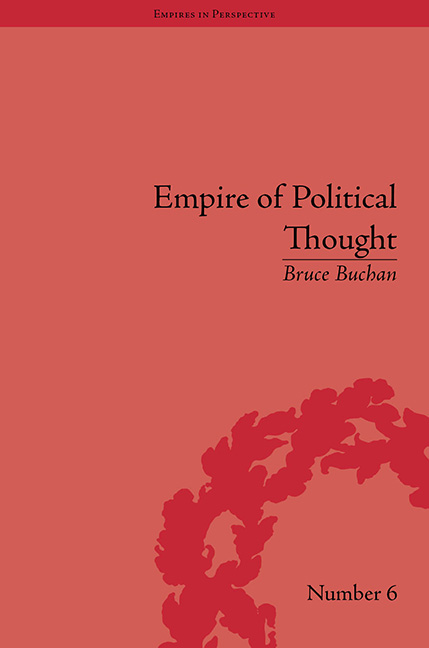Book contents
- Frontmatter
- CONTENTS
- Acknowledgements
- List of Illustrations
- Introduction
- 1 Savagery, Civilization and Political Thought
- 2 ‘Trafficking’ for Empire: Commerce, Consent and Colonization
- 3 Difficult Subjects
- 4 The Subject of War
- 5 Fit for Society
- 6 Liberalism, Self-Government and the Ethnography of ‘Primitive Society’
- Conclusion: After the Tide of History, Reconciliation?
- Notes
- Works Cited
- Index
3 - Difficult Subjects
- Frontmatter
- CONTENTS
- Acknowledgements
- List of Illustrations
- Introduction
- 1 Savagery, Civilization and Political Thought
- 2 ‘Trafficking’ for Empire: Commerce, Consent and Colonization
- 3 Difficult Subjects
- 4 The Subject of War
- 5 Fit for Society
- 6 Liberalism, Self-Government and the Ethnography of ‘Primitive Society’
- Conclusion: After the Tide of History, Reconciliation?
- Notes
- Works Cited
- Index
Summary
Everything we know about the ‘Instructions’ given to Captain Arthur Phillip, the naval officer selected as Governor of the first British colony in the land Cook had named New South Wales, shows them to have been the product of careful deliberation. Dated 25 April 1787, the ‘Instructions’ had been drawn up under the auspices of the Secretary of State, Lord Sydney, and they authorized Phillip to direct a fleet (eventually consisting of 11 ships) carrying about 250 marines and 750 convicts to Botany Bay in New South Wales. In addition to the instruction given him to order and secure the settlement, Phillip was enjoined to use ‘every possible means’ to ‘open an intercourse’ with the Indigenous inhabitants, to ‘conciliate their affections’, commending ‘all our subjects … to live in amity and kindness with them’. Significantly, the ‘Instructions’ also required Phillip to punish any European offences against the Indigenous people, and to determine ‘in what manner our intercourse with these people may be turned to the advantage of this colony’.
According to Frost, Phillip's ‘Instructions’ reflected the recently developed norms of imperial acquisition fostered by British imperial administration. According to those norms, New South Wales was declared to be a terra nullius, a land inhabited (but not owned) by supposedly ‘uncivilized’ peoples. It was the European ‘discovery’ and timely occupation and cultivation of the land that justified the act of imperial possession. In the view of the British authorities, the Indigenous inhabitants were not considered to be owners of the soil, but neither were they to be driven to extermination, for this act of colonization was not to be a conquest. As Frost sees it then, Phillip's ‘Instructions’ were a product of the earnest desire of the Pitt the Younger's ministry to extend Britain's Empire in the South Pacific according to the just standards of international law then in operation. Colonization was not only effected by laws and institutions, but by a series of assumptions, concepts and arguments drawn from Western political thought.
- Type
- Chapter
- Information
- Empire of Political ThoughtIndigenous Australians and the Language of Colonial Government, pp. 53 - 74Publisher: Pickering & ChattoFirst published in: 2014



